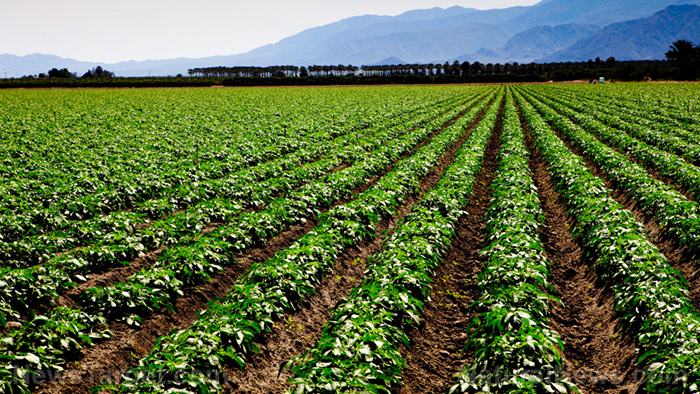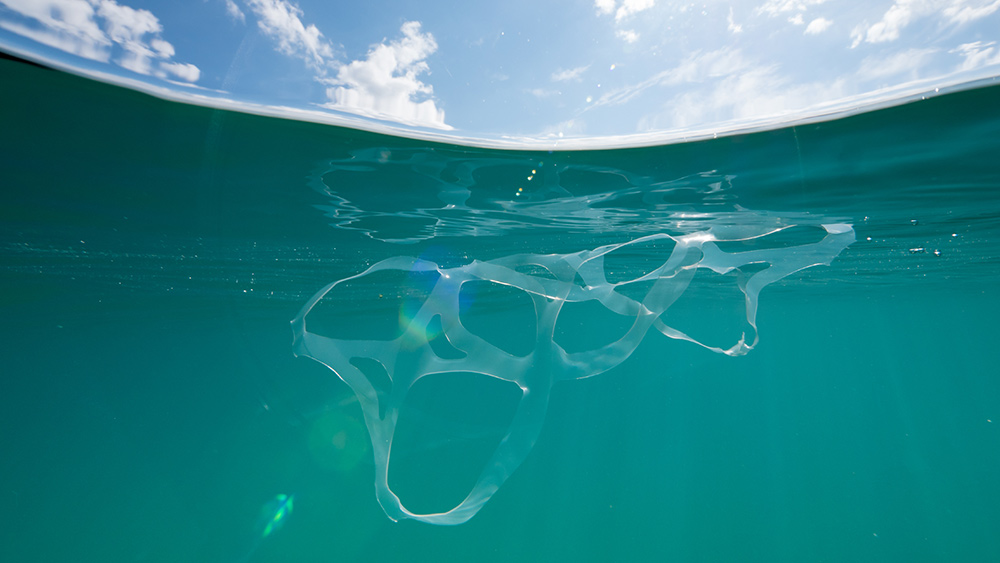French researchers discovered that peecycling, a mashup term for pee or urine and recycling, could be the key to continuous harvest amid the
shortage of industrially produced fertilizers.
"Urine could be a nutrient-rich alternative to commercial fertilizers considering that
pee is filled with nitrogen, phosphorus, and potassium," said Fabien Esculier, engineer and coordinator of the French OCAPI research program.
Esculier added that human waste is less polluting than synthetic fertilizers, which contain ammonia.
Synthetic nitrogen fertilizers are proven to
boost agricultural production, but they make their way into river systems and other waterways when they are used in large quantities, causing choking blooms of algae that can kill fish and other aquatic life.
The Rich Earth Institute (REI), a non-profit organization in Vermont, has been working on how urine can be used as a fertilizer to grow crops for over 10 years now. They collect around 10 thousand gallons per year from volunteers who bottle it at home, then bring it to a "urine depot." The group also rents out urine-collecting portable toilets for public events and supplies free funnels in Brattleboro, VT.
REI founder Abe Noe-Hays stated that using urine as fertilizer is a better approach in comparison to synthetic fertilizer because it's sustainably produced. (Related:
Pee for plant growth? Scientists push for use of human urine as effective, sustainable alternative to chemical fertilizers.)
"There's no doubt that urine can be a safe fertilizer for growing any kind of crop," Noe-Hays said in a video produced by researchers at the
University of Michigan.
Furthermore, the organization said the urine one adult produces in a year, which is around 125 gallons or 473 liters, is
sufficient to grow 320 pounds or 145 kilograms of wheat.
One area of research has been looking into the effect of pharmaceuticals in urine and whether that would
negatively impact crop growth. In a study done from 2014 to 2020, they found that while there are some pharmaceuticals detectable in crop tissue, the levels are extremely low.
Noah Hoskins is using urine in hayfields at the Bunker Farm in Dummerston, where he also raises animals such as cows, pigs, chickens and turkeys.
"We're in a moment where chemical fertilizer has more than doubled in price and is really representing a part of our system that is way out of our control," Hoskins told the
New York Times.
Due to the sanctions placed by the West on Russia, supply chain issues arose and countries across the globe are suffering from the prices of almost all the commodities, including synthetic fertilizers. Scientists are searching for other ways to source them as the world faces food security crisis.
Rabobank analysts said Russia exports nearly 20 percent of the world's nitrogen fertilizers and, combined with Belarus, 40 percent of the world's exported potassium.
Swedes dry, powder and convert urine into fertilizer pellets
In Gotland, Sweden's largest island, fresh water is scarce and residents are suffering from dangerous amounts of agricultural pollution and sewer system problems that cause harmful algal blooms in the surrounding Baltic Sea. People are getting sick and fish are dying.
To help solve this set of environmental challenges, researchers at Sanitation 360 began working with a local company that rents out portable toilets. Their goal is to collect more than 70,000 liters of urine for three years or more from waterless urinals. They placed the specialized toilets at several locations during the summer tourist season.
The team
is using a process that involves drying the urine into concrete-like chunks that they hammer into a powder and press into fertilizer pellets that fit into the standard farming equipment.
A local farmer may use the fertilizer to grow barley that will go to a brewery to make ale which, after consumption, could enter the cycle all over again.
The researchers aim to make urine reuse beyond concept and into practice on a large scale, said Prithvi Simha, a chemical-process engineer at Sanitation 360.
"The aim is to provide a model that regions around the world could follow. The ambition is that everyone, everywhere, does this practice," Simha added.
Find more stories like this at
GreenLivingNews.com.
Watch the below video that talks about the
garden fertilizer people already have.
This video is from the
Common Sense Cowgirl channel on Brighteon.com.
More related stories:
Dr. Edward Group: Urine therapy is the golden secret to health.
A survivalist's last resort: Is it safe to drink your urine when SHTF?
South Sudan youth urged to focus on farming to alleviate food crisis.
Great reset: 'Famine threatens to wipe out 300 million.'
Sources include:
News.Yahoo.com
Leesu.fr
TheGuardian.com
RichEarthInstitute.org
Nature.com
Brighteon.com
 Parler
Parler Gab
Gab










